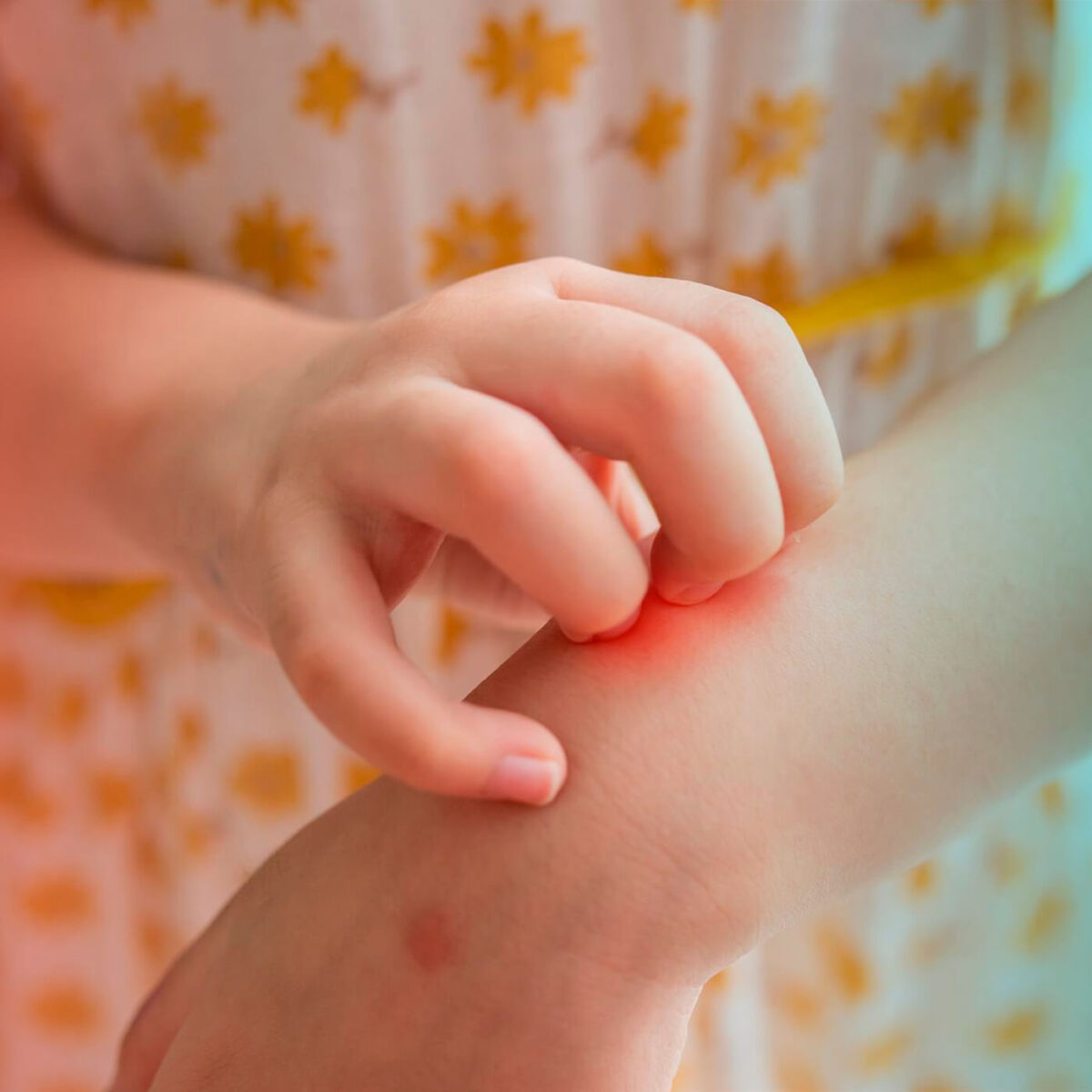Infections
Infections can occur in different parts of the body and may be caused by bacteria, viruses, fungi, or parasites. Common infections include urinary tract infections, respiratory infections, skin infections, sexually transmitted infections, and gastrointestinal infections.
Urinary Tract Infection
Lyme
Athlete’s Foot
Nail Infections
Cystitis
OUR PROCESS
Urinary Tract Infection
UTI, or urinary tract infection, is a bacterial infection that affects the urinary system. It causes symptoms like frequent urination, burning sensation, and cloudy urine. Treatment involves antibiotics prescribed by a healthcare professional. Preventive measures include staying hydrated and practicing good hygiene. Seek medical attention for UTI diagnosis and treatment.
Nail infections
Nail infections, or onychomycosis, are fungal infections that affect the nails. Symptoms include thickened, discolored, and brittle nails. Treatment options include topical or oral antifungal medications. Preventive measures include keeping nails clean and dry, wearing breathable shoes, and avoiding sharing nail tools. Consult a healthcare professional for proper diagnosis and treatment.
Athlete’s foot
Athlete’s foot is a common fungal infection that affects the skin on the feet. It causes itching, redness, and peeling. Treatment involves using over-the-counter antifungal creams. Preventive measures include keeping feet clean and dry, wearing breathable socks and shoes, and avoiding sharing personal items. Consult a healthcare professional if symptoms persist or worsen.
Lyme
Lyme disease is an infectious disease caused by the bacterium Borrelia burgdorferi, which is transmitted to humans through the bite of infected black-legged ticks. It is most commonly found in areas with high tick populations, such as wooded and grassy areas.
Symptoms of Lyme disease may vary but often include a characteristic rash called erythema migrans, fatigue, fever, muscle aches, joint pain, and headaches. If left untreated, Lyme disease can lead to more severe symptoms, affecting the joints, heart, and nervous system.
Cystitis
Cystitis is bladder inflammation caused by a bacterial infection. Symptoms include frequent urination, burning during urination, and lower abdominal discomfort. Treatment involves antibiotics prescribed by a healthcare professional. Preventive measures include good hygiene and staying hydrated. Consult a healthcare professional if symptoms persist or worsen.


